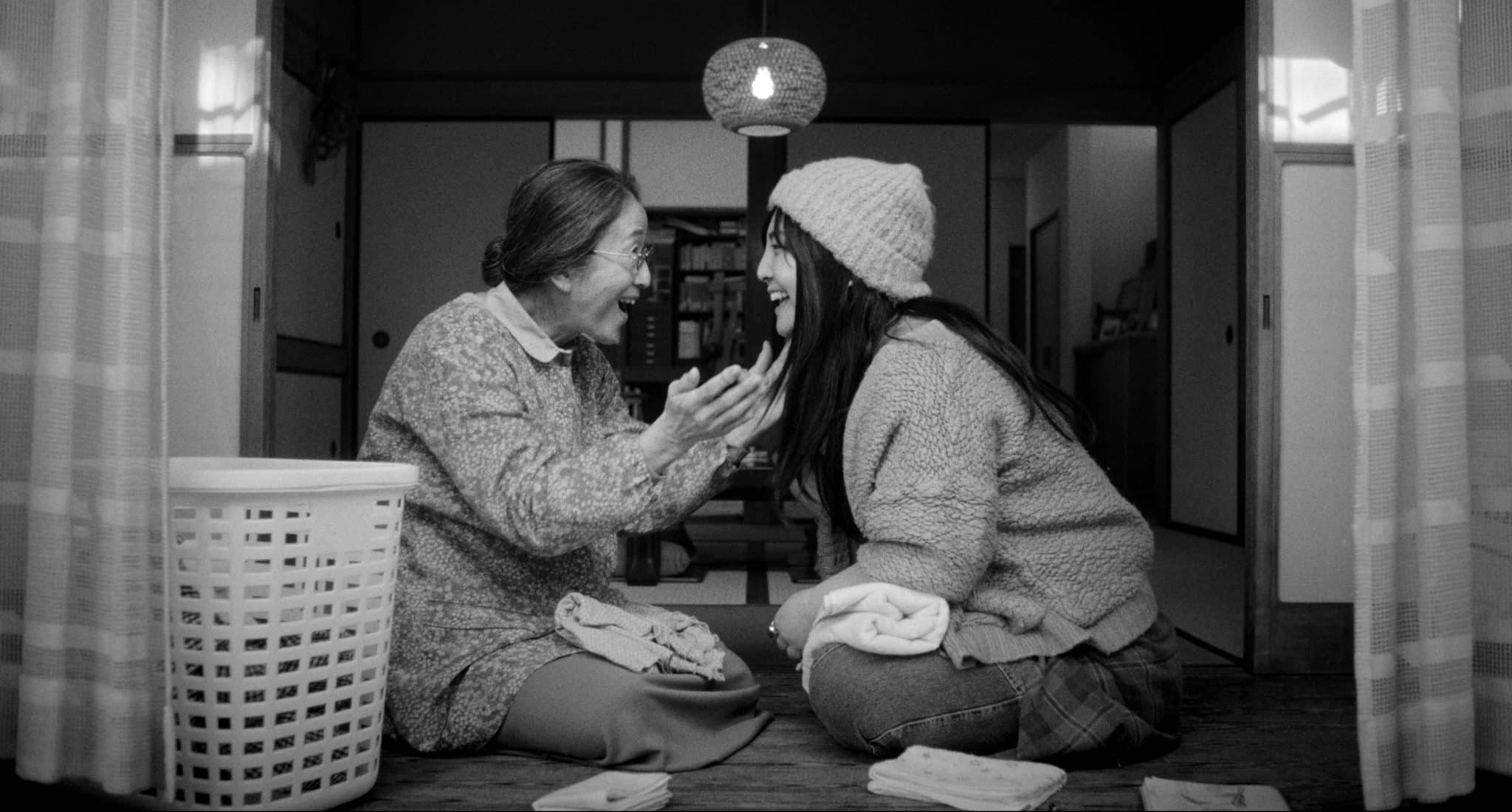Akashi is one of the Centrepiece Gala films at the 59th Toronto Reel Asian Film Festival, presented at TIFF Lightbox on November 9th. It is a 105-minute film featuring both English and Japanese languages with subtitles. Sponsored by the Japan Foundation, and supported by the Toronto NAJC (National Association of Japanese Canadians) and the Future Film Showcase. The film is directed, written, and produced by Mayumi Yoshida, an alumna of both the TIFF Writers’Writer’s Studio and Warner Bros. Discovery Access Canada. Yoshida, whose Juno-nominated short Different Than Before won the SXSW Jury Award and screened at Oscar and BAFTA-qualifying festivals. Akashi screened at the Toronto Reel Asian and Vancouver Film Festival in 2025, further cementing Yoshida’s growing reputation as one of the most compelling Japanese-Canadian filmmakers today.
The film was primarily shot in Canada, with twelve days of filming in Japan. It follows Kana, a struggling visual artist who returns to Japan after years in Vancouver to attend her beloved grandmother’s funeral. During her visit, she uncovers a family secret: her grandfather once loved another woman outside his arranged marriage. At the same time, Kana must confront her own unresolved past with her former lover, Hiro, questioning whether the spark between them still lingers. Yoshida elegantly weaves two parallel timelines, blending the present with fragments of memory. She captures the tension between nostalgia and reality, exploring how time, distance, and circumstance shape human connection. The film took nearly nine years to develop, shoot, and bring to audiences—a testament to Yoshida’s perseverance and creative integrity. Despite having only twelve days to film in Japan, Yoshida’s precision as both director and actor shines through. Her seven to eight years of acting experience allowed her to capture scenes efficiently—many achieved in a single take—without sacrificing emotional depth. The film’s sound design, music, and editing are finely balanced, guiding the audience through an intimate emotional rhythm. Visually, Akashi is breathtaking. Its composition and color grading distinguish the grandmother’s past from Kana’s present: black-and-white sequences lend a timeless, “classic” atmosphere, rich in contrast and texture, while color scenes heighten mood and engagement. The visual storytelling is so striking that it earned Akashi the Osler Award for Best First Feature Film at the 2025 Reel Asian Film Festival—a fitting recognition of its artistic beauty.
The origins of Akashi trace back to 2011, when Yoshida had a heartfelt conversation with her grandmother, six months before leaving for Vancouver. That exchange planted the seed for what would become the film: a question of how to honor and share her grandmother’s untold love story. In 2016, while attending a reading and musical performance of poems by survivors of the Hiroshima and Fukushima nuclear tragedies at the University of British Columbia, Yoshida met acclaimed actress Sayuri Yoshinaga and renowned composer Ryuichi Sakamoto, known for his ethereal piece Aqua. When she asked how to approach her grandmother’s story, both encouraged her to write it herself—a pivotal moment that shaped the film’s creation. Their advice resonated deeply: “If you want to show something that hasn’t been shown yet, you are capable of doing it yourself.”
With a dedicated team spanning Canada and Japan, Yoshida surrounded herself with collaborators who provided feedback and support throughout the production, allowing the story to evolve organically while retaining its emotional truth. Akashi delves into universal human experiences—grief, love, and self-discovery. It portrays the many ways people cope with loss: some through humor, others through silence or reflection. The film also contemplates the complexities of love between individuals with divergent dreams. Hiro wishes to stay in Japan, while Kana longs to pursue her artistic journey abroad. Their story reflects a painful yet relatable truth: that love often demands sacrifice—either of one’s passion for another, or of love itself in pursuit of personal growth.
In one poignant early scene, Kana and her grandmother discuss the difference between their generations: her grandmother’s youth was defined by survival during World War II, while Kana’s generation faces the challenge of endless possibilities—a freedom that can feel paralyzing. The film beautifully contrasts these eras, revealing how abundance can be as difficult to navigate as hardship.
Yoshida has described the film’s central message as one of resolution and openness—accepting that life’s greatest questions about fate and destiny may remain unanswered. Akashi embraces the uncertainty of existence, finding meaning not in closure but in the courage to continue forward. As Yoshida reminds us, “some stories are meant to be experienced rather than explained.”
Ultimately, Akashi is a visually poetic and emotionally resonant masterpiece. Mayumi Yoshida proves herself an exceptional storyteller—an actress, writer, and director with a rare gift for vulnerability and vision. The dedication of her entire team, as reflected in the IMDb credits, underscores the immense time, care, and artistry invested in bringing this story to life.

